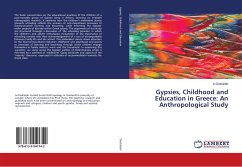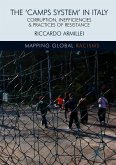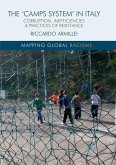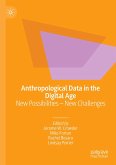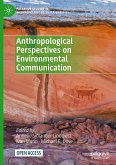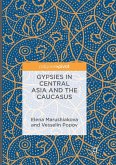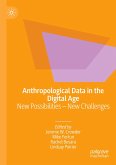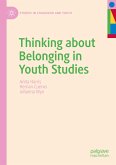The book concentrates on the educational practices of the children of a post-nomadic group of Gypsies living in Athens. Drawing on in-depth ethnographic research, it examines how the children's ambivalent stance towards schooling reflects the primacy of non-mainstream processes of (family-situated) learning and becoming, while informing the Gypsies' wider projects of identity within Greek society. The arguments of this study are structured through a discussion of 'the schooling paradox' in which the children's and adults' enthusiastic recognition of the importance of schooling coexists with their acknowledgement of a sort of incompatibility between family life and the school. This ambivalent stance draws attention to the blurred boundaries between childhood and adulthood and points to processes of learning and becoming through which children engage themselves in family matters, work and the household. In examining this 'paradox', we come across the Gypsies' politics of distinctiveness which is informed by a synthesis of 'traditional' Gypsy attributes and aspects of the 'majority' discourse, expressed in attitudes of accommodation towards the Greek state.

